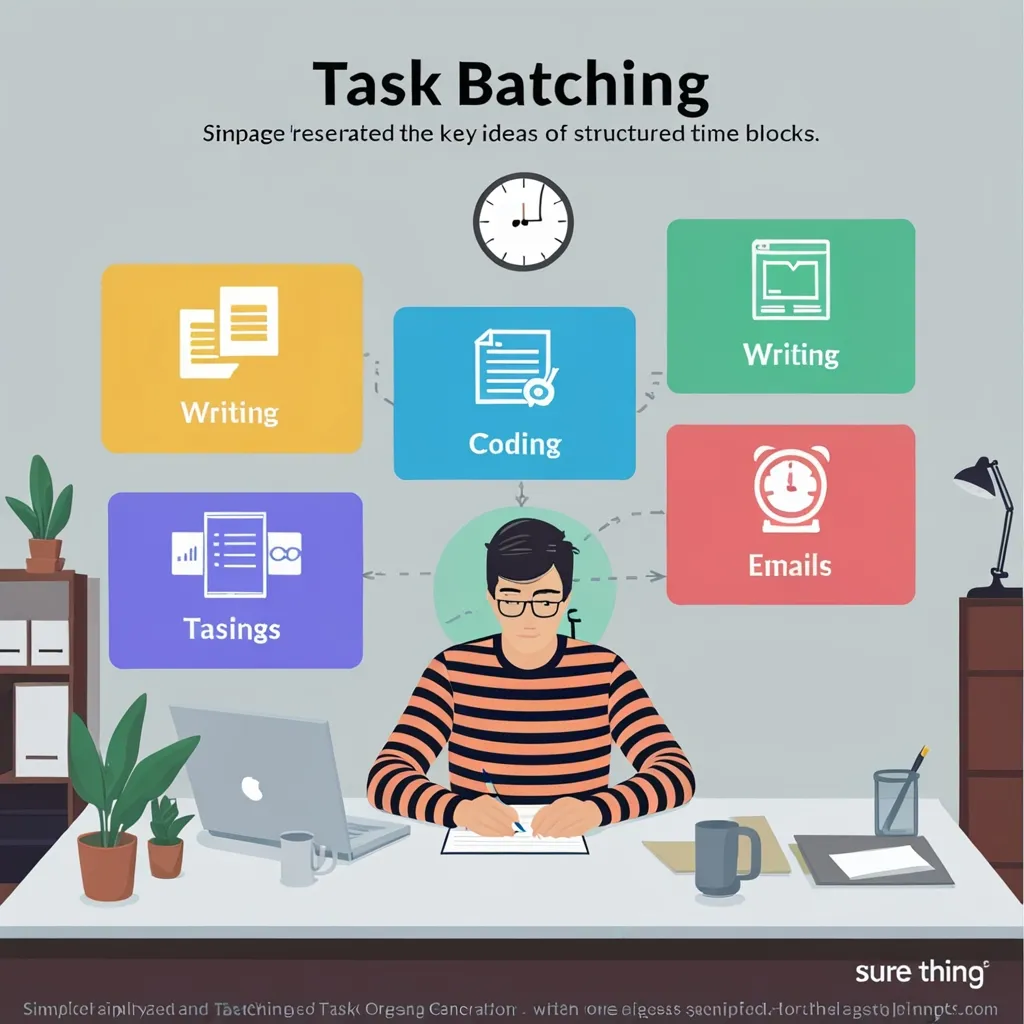Let’s talk about something surprisingly simple yet profoundly impactful: keeping a gratitude journal. In a world that’s constantly speeding up, finding ways to stay grounded and focused can be a game-changer. One such tool, easy to adopt and incredibly effective, is the gratitude journal. It’s as basic as jotting down things you’re thankful for, and trust me, it’s not just fluff—there’s real magic behind it.
Imagine training your brain to zoom in on the good stuff instead of the dark clouds. That’s what happens when you regularly note down what you’re grateful for. This little exercise is called “positive recall,” and it rewires your brain to spot the silver linings even when life’s throwing curveballs.
Now, let’s dive into some cool science. Keeping a gratitude journal does wonders for your mental health. Research is crystal clear on this. One study with around 300 adults showed that those who wrote gratitude letters felt mentally stronger even after 12 weeks. The act of focusing on positive experiences reduces stress, anxiety, and depression, letting you sail through life’s ups and downs with a more balanced mind.
Feeling demotivated or stuck in a rut? Gratitude journaling can pull you out of that funk. Reflecting on what you’re thankful for fuels your energy and enthusiasm. It flips the switch in your brain from ‘meh’ to ‘yeah!’ and makes obstacles look like small bumps on the road. University students who kept up with this habit for just two weeks showed more drive to excel in academics, and this boost lasted for months.
Gratitude doesn’t just pep up your mind; it has some solid physical perks too. People who journal about their gratitude tend to make healthier choices, like eating better and moving more. Studies show they have fewer sick days, lower blood pressure, and better sleep. This all adds up to feeling physically better overall.
But the goodness of gratitude doesn’t stop at personal well-being. It spills over to your relationships too. Expressing thanks to people in your life—whether it’s family, friends, or coworkers—builds stronger, more trusting connections. This can snowball into more support and opportunities coming your way. Managers who show gratitude find that their teams are more motivated and productive. Pretty cool, right?
Starting a gratitude journal is a breeze. You don’t need to make it a big deal. Just begin by listing three things you’re grateful for each day. Keep it specific—like appreciating a hot cup of coffee on a chilly morning or that friend who always knows what to say when you’re down. The key is to make it part of your daily groove, maybe in the morning or just before you hit the hay.
Reflect on your entries from time to time. This simple habit of looking back helps cement those positive vibes in your brain and keeps you focused on what truly matters in life.
The perks of gratitude journaling don’t fade away quickly. Stick with it, and you’ll notice long-lasting benefits—higher life satisfaction, better self-esteem, and an overall uptick in well-being. One study found that participants who logged three good things each day and figured out why they happened were happier and less depressed even six months later.
Of course, nothing is one-size-fits-all. Some people, like middle-aged divorced women or kiddos, might not get the same boost from gratitude journaling. But that doesn’t mean it won’t work for you. Sometimes, it’s about tailoring the practice to fit your personal needs and emotional maturity.
Think gratitude journals are just for personal lives? Think again. Incorporating this habit into your professional life can also be a game-changer. Thanking colleagues, clients, or mentors can skyrocket your motivation and productivity. It shifts your perspective from grumbling about work woes to appreciating what’s good, thus creating a more supportive work environment.
So, what’s the big takeaway? A gratitude journal is a mighty tool to help you stay motivated and focused in this fast-paced world. Reflecting on what went right tunes your mind to appreciate the goodness in life, fostering better mental and physical health, stronger bonds, and greater overall happiness. Whether for personal growth or professional gain, just take a few minutes each day to scribble down your blessings and watch how your world transforms.






